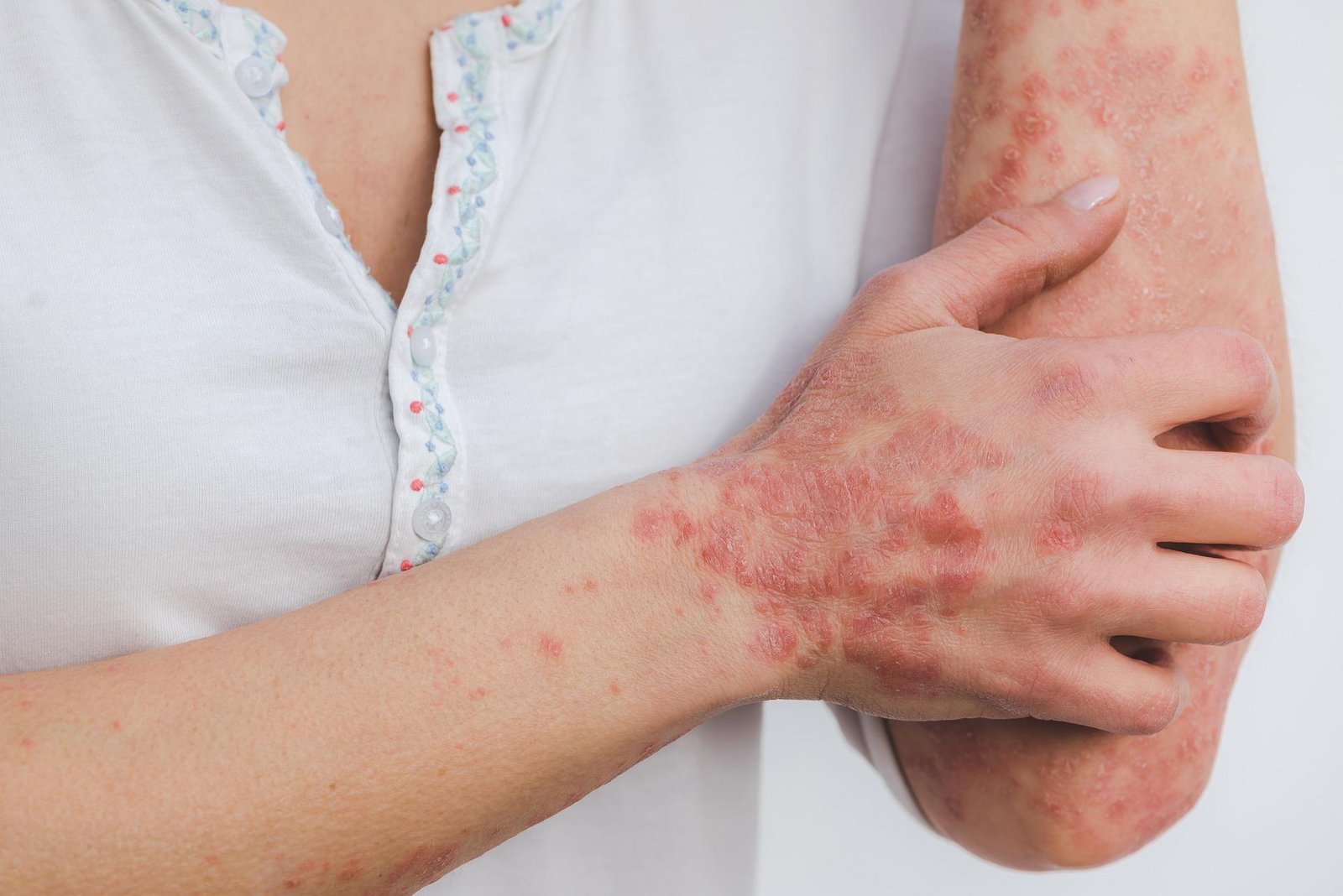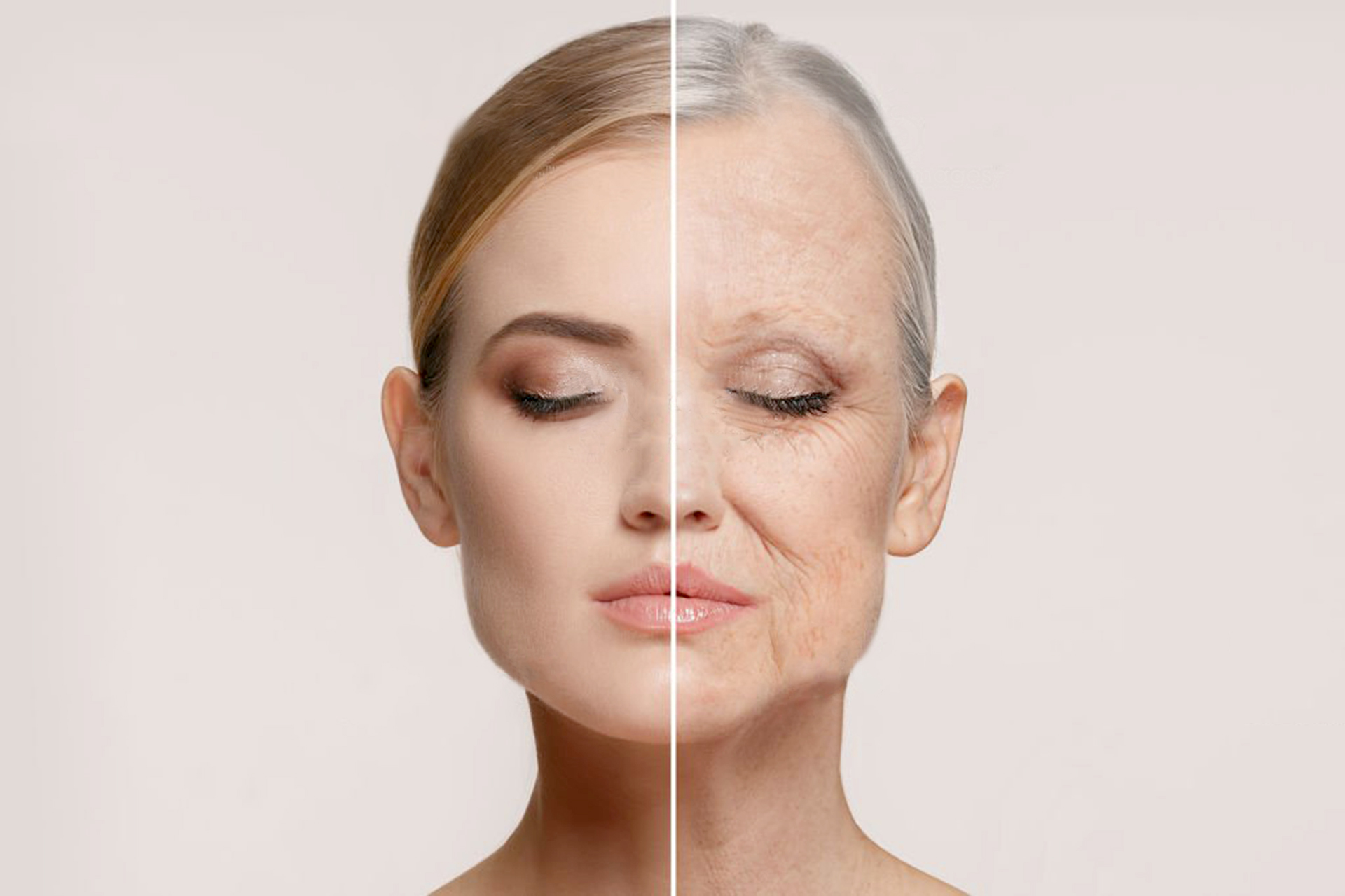What is diabetes?
Diabetes is a disease in which your blood glucose, or blood sugar, levels are too high. Glucose comes from foods you eat. The cells of your body need glucose for energy. A hormone called insulin helps the glucose get into your cells.
With type 1 diabetes, your body doesn’t make insulin. With type 2 diabetes, your body doesn’t make or use insulin well. Without enough insulin, glucose can’t get into your cells as quickly as usual. The glucose builds up in your blood and causes high blood sugar levels.
How does diabetes cause foot problems?
Foot problems are common in people with diabetes. They can happen over time when high blood sugar damages the nerves and blood vessels in the feet. The nerve damage, called diabetic neuropathy, can cause numbness, tingling, pain, or a loss of feeling in your feet.
If you can’t feel pain, you may not know when you have a cut, blister, or ulcer (open sore) on your foot. A wound like that could get infected. The infection may not heal well because the damaged blood vessels can cause poor blood flow in your feet.
Having an infection and poor blood flow can lead to gangrene. That means the muscle, skin, and other tissues start to die. If you have gangrene or a foot ulcer that does not get better with treatment, you may need an amputation. This is a surgery to cut off your damaged toe, foot, or part of your leg. It may prevent a bad infection from spreading and could save your life.
But there’s a lot you can do to prevent a foot wound from becoming a major health problem.
How can I protect my feet if I have diabetes?
The best way to protect your feet is by controlling your blood sugar levels every day. This will help keep nerve and blood vessel damage from getting worse. The next step is to keep the skin of your feet healthy.
Good foot care for people with diabetes includes:
Checking your feet every day. Look for cuts, redness, and other changes in the skin and toenails, including warts or other spots that your shoes could rub. Make sure to check the bottoms of your feet too.
Washing your feet every day. Use warm water and soap. Don’t soak your feet because that can dry out your skin. After you dry your feet, you can use talcum powder or cornstarch between your toes. They soak up moisture that can cause infection. If you use lotion, don’t apply it between your toes.
Asking your doctor how to remove corns and calluses safely. Thick skin on your feet can rub and lead to sores. But removing it the wrong way could damage your skin. So you don’t want to cut the skin or use medicated pads or liquid removers.
Trimming your toenails straight across with a clipper. If it’s hard for you to trim your own toenails, or if they’re thick or curve into the skin, have a podiatrist (foot doctor) do it for you.
Always wearing well-fitting shoes and socks or slippers to protect your feet when walking. You don’t want to walk barefoot, even indoors. And be sure your shoes are smooth inside. A seam or pebble could rub your skin raw.
Protecting your feet from heat and cold. Use sunscreen on exposed skin and don’t walk barefoot at the beach. In cold weather, wear warm socks instead of warming your feet near a heater or fireplace.
Keeping the blood flowing in your feet. Put your feet up when you’re sitting. Wiggle your toes and circle your feet throughout the day. Don’t wear tight socks. And get plenty of activity that’s not too hard on the feet, such as walking.
Getting your feet checked at your health care visits. Even if you haven’t noticed a problem, it’s good to have your health care provider look at your feet.
Diabetic Foot Treatment in OJAS by Dr. Shaista Khan
It is not an easy thing to cure diabetic foot. Sometimes the problem increases so much that there is a possibility of amputating the leg through the operation. If we talk about diabetic foot, then till date Dr. Shaista Khan has also cured such impossible cases, which had given up hope of recovery. You can see in the pictures how the patient’s leg was first and how it became later. This is not a miracle, it is the result of Ayurveda and acupuncture treatment and dedication of Dr. Shaista Khan. If you are also facing any such problem then book an appointment today.




